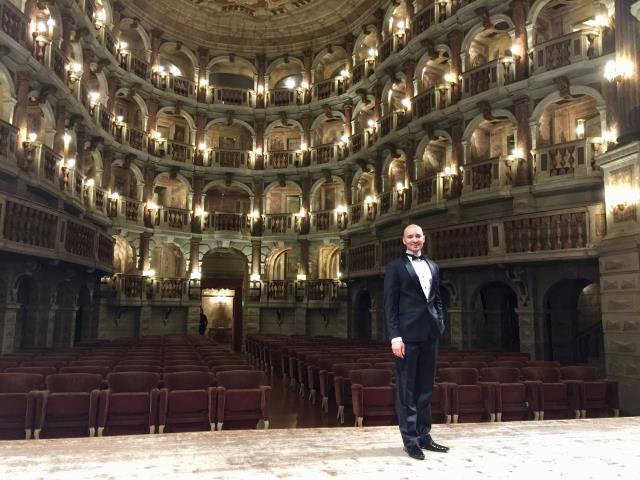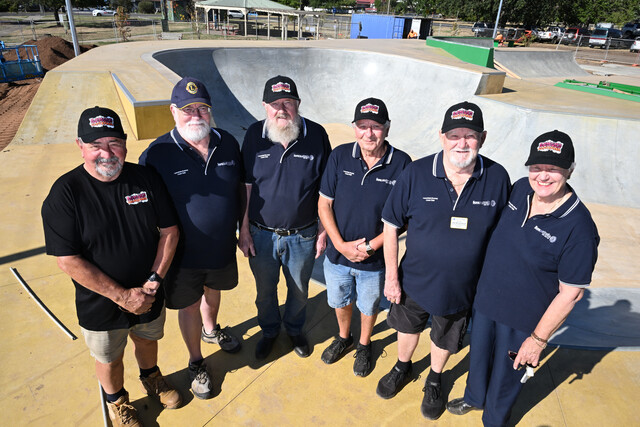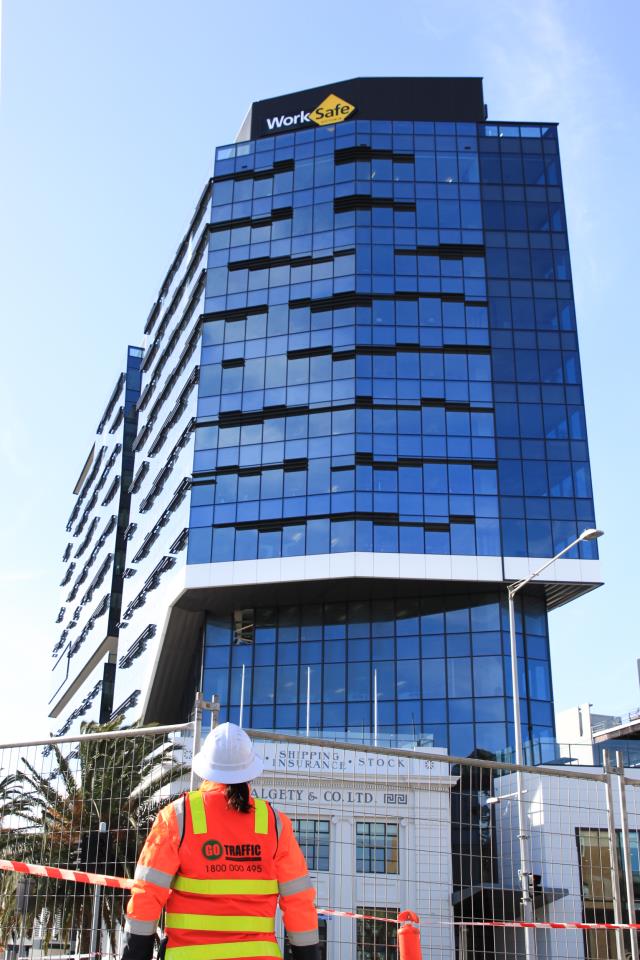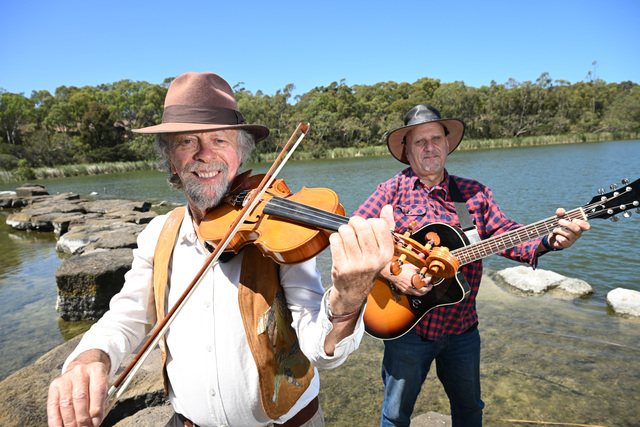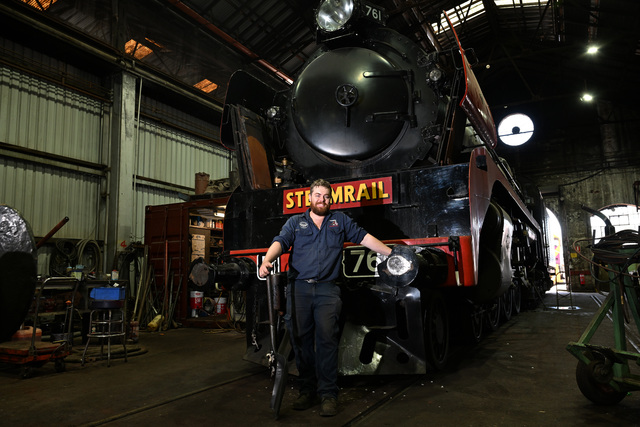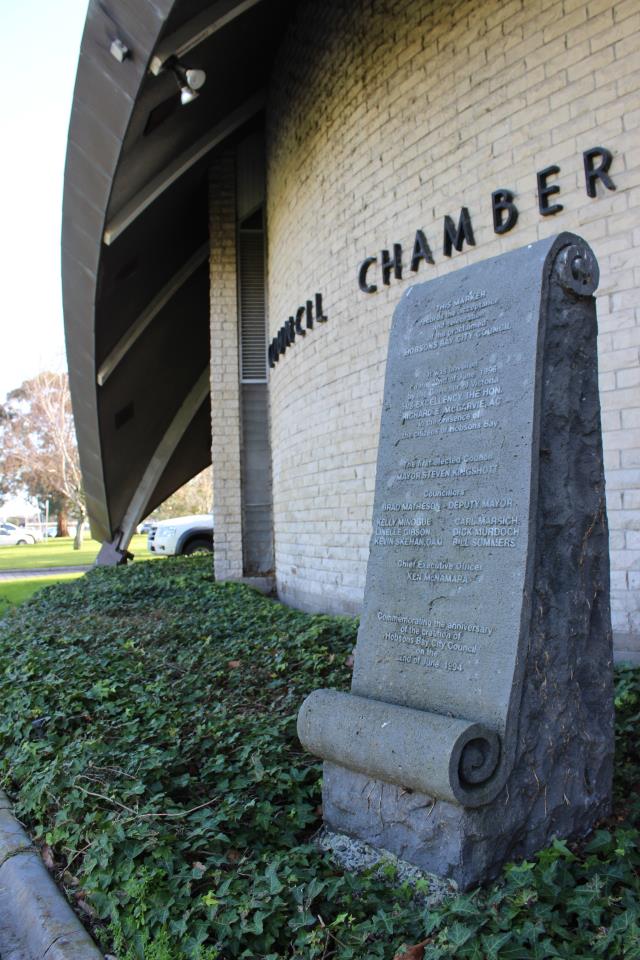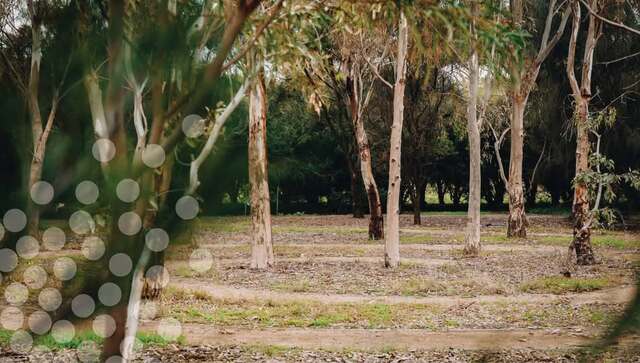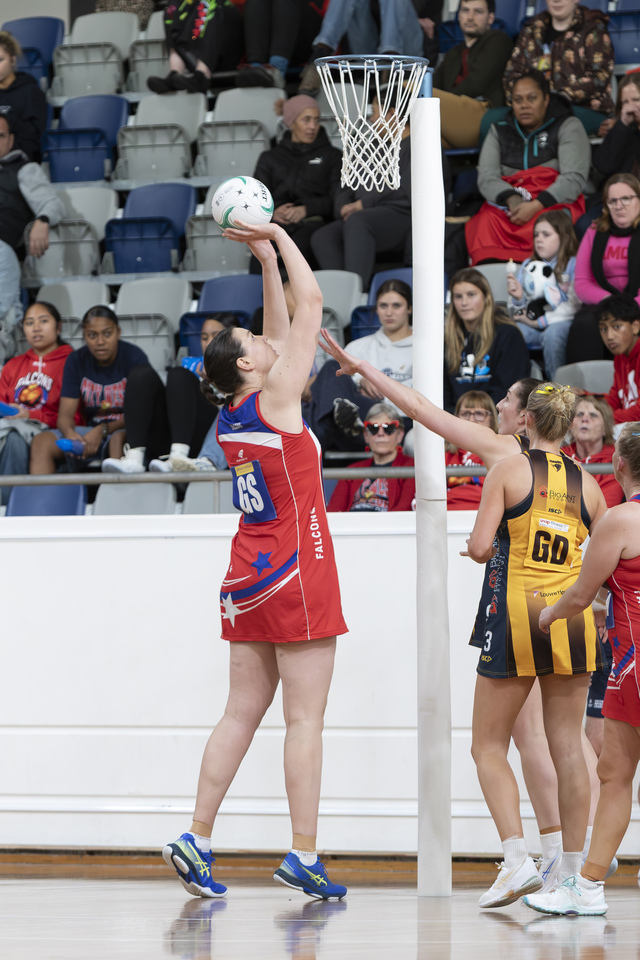Did you miss this story? Here’s your chance to read (or reread) on one of our favourite stories from 2021!
A Spotswood-based opera tenor who started out in a heavy metal band has spoken of his extraordinary career path and how COVID-19 united humanity.
Shanul Sharma is performing in Opera Australia’s Great Opera Hits at the Sydney Opera House until March 3.
Born in India, Sharma arrived in Australia at age 19 to study information technology.
He was living in the regional New South Wales city of Wagga Wagga and singing in a band called Subrusion, which released three albums.
The band’s influences included Killswitch and Metallica, but even then reviewers were starting to notice something in Sharma’s voice.
“The guitars and the drums were very, very heavy but then suddenly there was a guy singing on top of it all,” he said.
“In some reviews, the reviewers actually said, ‘Who’s the major soprano who goes so high?’
“For me, the only way to cut through all of the backing was to sing really, really high.
“That kind of helped me develop a technique for opera, which served me well later on.”
After about a decade in the band, Sharma stumbled across an Italian operatic tenor who would change the course of his life.
“One day, randomly, while browsing YouTube, I came across this guy called Luciano Pavarotti,” Sharma said.
“I was just infatuated by his voice and wanted to learn how to do it.”
About this time, in 2012, Sharma’s band broke up and he decided he would become an opera singer.
“For me, that type of singing was the fullest expression of my voice,” he said.
Self-taught to that point, Sharma moved to Melbourne to train as an opera singer at the Ciccone Academy of Singing.
“To be honest, I auditioned for Opera Australia in 2014 on a whim,” Sharma said.
“An audition slot became available all of a sudden and my coach said, ‘Would you like to do it?’
“I said, ‘Well, why not’ – I wasn’t expecting anything from it.”
Sharma auditioned with Ah! Mes Amis from Gaetano Donizetti’s La Fille du Regiment (The Daughter of the Regiment).
“It has nine high Cs at the end, which is a very high note for an operatic tenor,” he said.
“I sang that, not expecting anything at all, and two days later I get a call saying, ‘We’d like you to do La Cenerentola for the schools tour.’
“I was like, ‘Oh, that’s great, when are the rehearsals?’
“And they were like, ‘The show is already on the road, you’ll have two days to learn the music and two days to learn the blocking (stage directions) and you’ll be on the road for three months.’
“I had to find some new brain cells to learn an entire role, something I had never done in my life … I had never sung an operatic role before but here I was.
“Within a week, I was transformed from a heavy metal singer into an opera tenor.”
Sharma’s opera career took him around the world, all the way to the Bolshoi Theatre in Moscow.
And then COVID struck.
“I was in Moscow in March last year and made it back with a week of Australia shutting the borders,” Sharma said.
“Basically, for nine months, I was just in Melbourne trying to keep my voice supple.
“For a person whose career is on an upward trajectory, COVID really shut everything down, and it was a very difficult time for everybody in the business.
“The depression caused by that – and I had family problems again in India … it just compounded all of it and it was a very difficult time for the business.”
Returning to the stage after months of lockdown has taken on new meaning.
“It’s the most thrilling and most exciting experience,” Sharma said.
“For me, getting back on the stage at the Sydney Opera House was like getting oxygen back in my lungs.
“I missed it so much. I was counting the days I’d be back in that theatre.
“I had my first show back on stage on the third of January and there was all this built up energy that I just let it out into the theatre and it was such an exhilarating feeling to be back on stage.
“The arts and high arts in general are very important for us to experience ourselves as human beings because they deal with emotions and desires at a very fundamental level.
“The classical arts are vital to our development as people, especially now that we’ve been through something as a whole.
“We’ve experienced COVID as a singular consciousness … kind of what happened after the Second World War: all of the classical works started to make more sense.”

